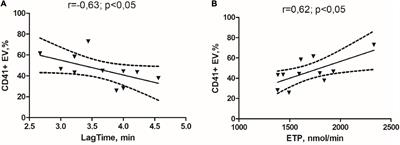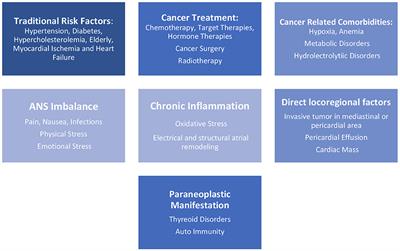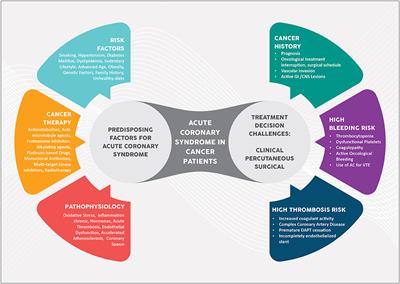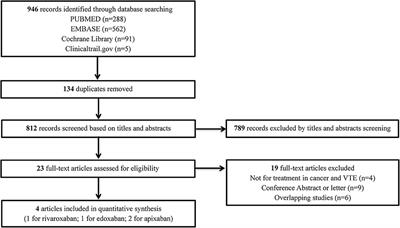BRIEF RESEARCH REPORT
Published on 23 Jun 2022
Circulating Small Extracellular Vesicles Profiling and Thrombin Generation as Potential Markers of Thrombotic Risk in Glioma Patients

doi 10.3389/fcvm.2022.789937
- 1,629 views
- 4 citations
4,847
Total downloads
23k
Total views and downloads
Select the journal/section where you want your idea to be submitted:
BRIEF RESEARCH REPORT
Published on 23 Jun 2022

REVIEW
Published on 15 Jul 2021

REVIEW
Published on 09 Jun 2021

SYSTEMATIC REVIEW
Published on 12 Nov 2020


Frontiers in Oncology